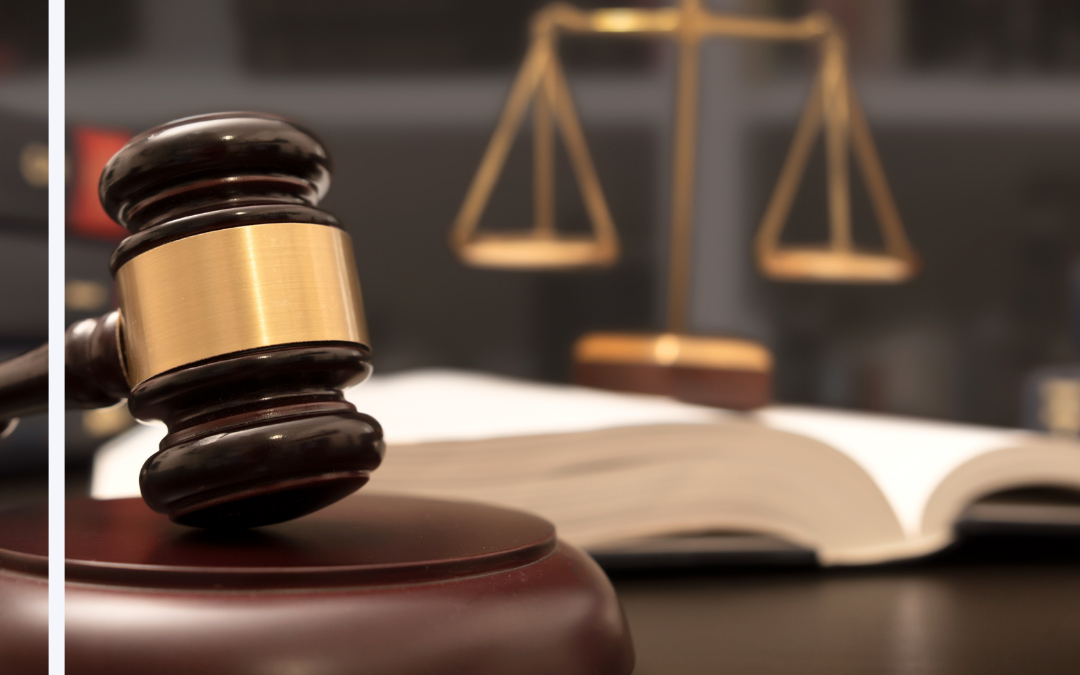When people are involved in a personal injury case, their attorney may suggest reaching an agreement before filing a lawsuit. There are times when the parties involved can reach an economic and amicable agreement between them that benefits both. In fact, most cases end up being resolved this way.
However, let us remember that—as in everything—the best option will depend on your particular circumstances. It is essential to know the difference between these two choices to make a decision that will benefit you the most.
Reaching an agreement out of court means that the situation is resolved without the presence of a jury or a judge, but through the plaintiff and the defendant, their lawyers, and of course, the insurance companies if it applies.
The insurance company will make a financial offer in an effort to resolve the plaintiff’s claim. Once an agreement is reached as to the amount, which will be the compensation awarded to the plaintiff, it will be paid, and then there will be no need to take the case to court. During this process, your lawyer will be crucial to negotiate and reach an agreement with the other party, taking care of your interests and ensuring that the compensation is sufficient to cover your recovery costs.
The duration of the process will depend on the willingness of the insurance company and the plaintiff to negotiate and maintain open and constant communication. In the event that no agreement can be reached in negotiations, then the other way to resolve a personal injury claim is by taking it to trial.
During a legal trial, both parties involved have the opportunity to tell their versions of the incident and present the evidence that each may have to support their claims. They can also present witnesses who can give testimony of how they saw the event.
Once all of this information is presented, the judge or jury will determine the outcome of the trial. If the finding favors the plaintiff, the defendant will be asked to pay compensation for damages, which the judge or jury will determine. However, if the judge or jury favors the defendant, then the defendant will not need to pay any compensation.

 310-788-3466
310-788-3466